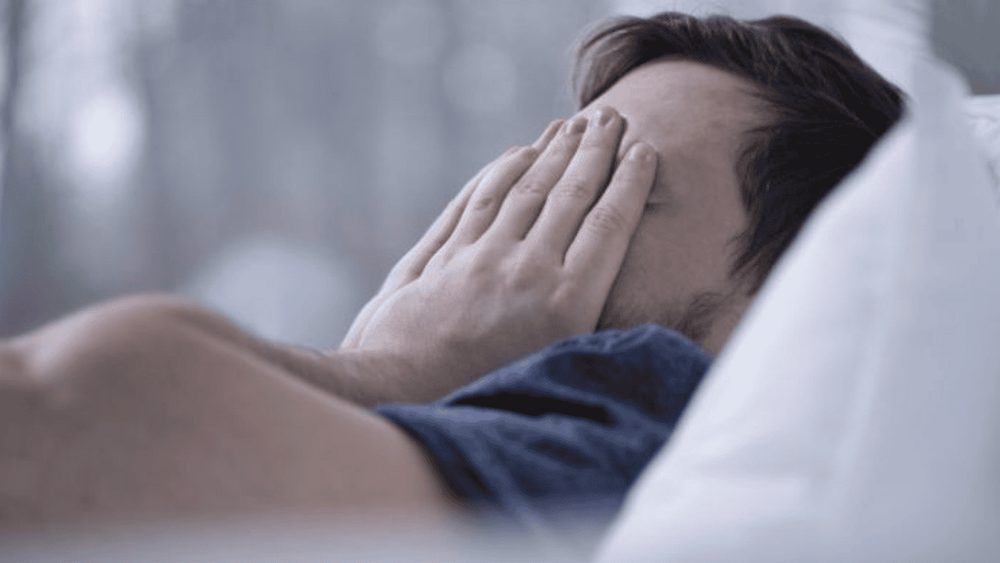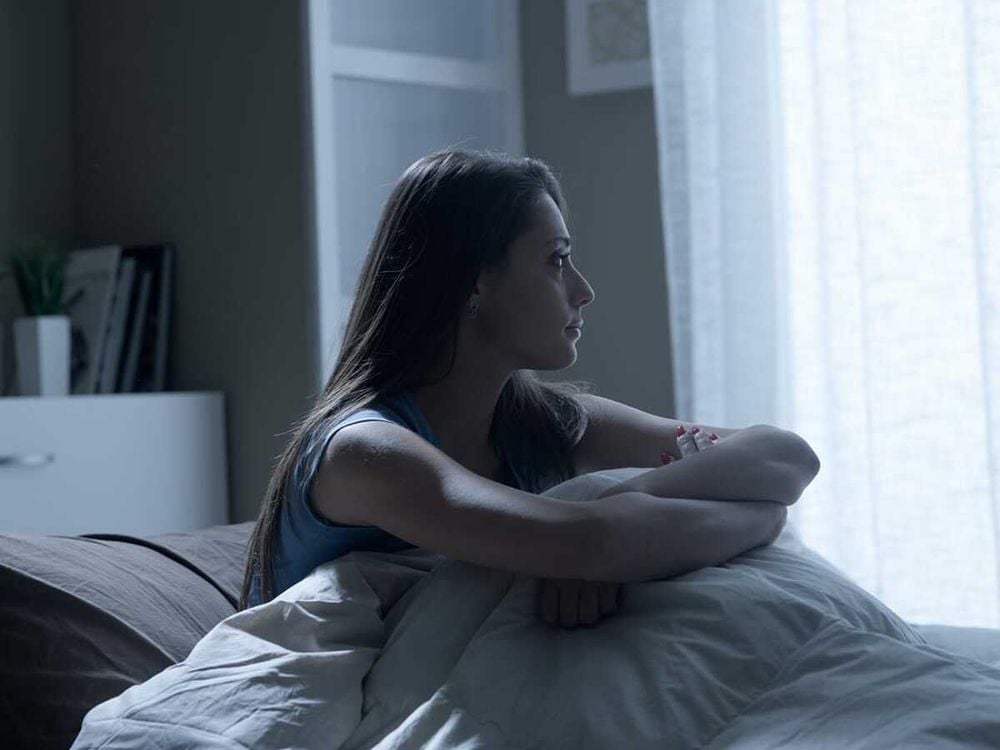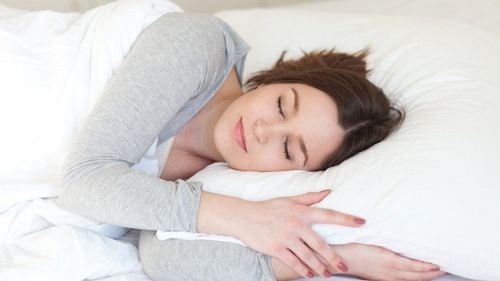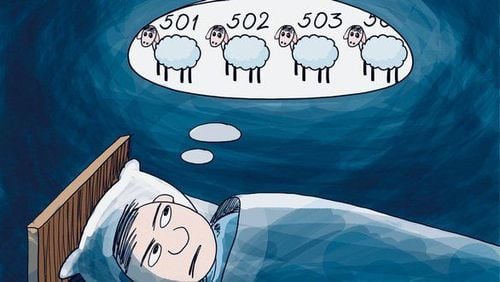This is an automatically translated article.
Feeling lonely can make it difficult to sleep well. A new study shows that people who feel lonely are more likely to wake up at night and have restless sleep. The results of the study may help explain why loneliness is linked to adverse health effects.
1. Loneliness can disrupt sleep
Dr. Lianne Kurina - assistant professor in the Department of Health Studies at the University of Chicago says loneliness is linked to adverse health effects. In a news release from the American Academy of Sleep Medicine, Kurina reports that sleeping is an important behavior for staying healthy, so the researchers wanted to explore the effect of loneliness on sleep. sleep.
Research found that loneliness doesn't seem to change a person's sleep time. However, loneliness will "wake up" them more often at night.
The study was conducted on 95 adults living in South Dakota, participants would wear a wristband to measure their sleep for a week to record sleep fragmentation and duration. The results showed that people with higher levels of loneliness were more likely to wake up at night or have sleep disturbances. As the loneliness score increased, so did the amount of restless sleep. There was no link between loneliness and sleepiness or specifically daytime sleepiness.
The people in this study are part of a close-knit farming community, so the study emphasizes that loneliness and social isolation are two different concepts of perception, feeling of loneliness comes from a perception of isolation and a lack of connection with people.
Watch now: Feeling cold? Maybe you're lonely

Cảm thấy cô đơn có thể khiến bạn khó ngủ ngon
2. Loneliness and social isolation are associated with sleep problems
Sleep is an essential biological process that determines human health and performance. However, now 10–30% of people in developed countries suffer from chronic insomnia due to many factors. Suboptimal sleep is associated with increased mortality and morbidity as well as a number of associated mental and physical health problems. In 2017, the total cost of inadequate sleep in Canada, the United States, the United Kingdom, Germany, and Japan was estimated to exceed $600 billion a year.
As the aging process occurs, a persistent decline in the quality and quantity of sleep is associated with an increase in the incidence of insomnia. Insufficient sleep causes side effects in the elderly including illness, breathing problems, medication use, mental health problems (e.g., depression), and substance abuse. The morbidity and mortality rates were lowest in those who slept 7-8 hours per night, and gender differences were also found, subjective sleep quality in women was often worse than in men. At the same time, with aging, reduced social interaction, and an increasing epidemic of loneliness, older adults have negative effects on health, well-being and mortality.
While still being debated, loneliness and social isolation are often seen as interrelated but distinct concepts. Here, loneliness is defined as an emotional state that arises when there is a perception of a difference between the desired levels of social interaction, companionship or emotional support, and the availability of a person. People. Whereas, social isolation is defined by having little or no social interaction with others, so a person can be socially isolated but not lonely at all and vice versa.
The negative effects of reduced social interaction and loneliness have substantial research support. Loneliness is associated with reduced physical health and activity, increased mortality, depression, and alcohol consumption. And social isolation, living alone will exacerbate these problems.
However, the contribution of loneliness and social isolation to the sleep problems of older adults in the community is still poorly understood and has not been studied extensively.
The few studies that demonstrate the relationship between loneliness, social isolation, and sleep quality in adults suggest that loneliness leads to decreased sleep quality, often due to disruptions more and more of the actual total sleep time or the change in daytime sleepiness. In contrast, living with other people was associated with improved sleep quality.

Cảm giác cô đơn này phổ biến hơn ở cả phụ nữ và nam giới khi sống một mình
For both women and men, reported problems with sleep deprivation decrease with age (i.e., between 65–85 years of age). However, there is an increase in sleep deprivation problems in people over 85 years of age. A similar trend was identified for women in relation to excessive sleep, whereby reported daytime sleep problems decreased as the participants aged, until about 80 years of age. , at which point there was an increase in problems with sleeping too much.
Nearly one in four women and one in five men say they feel lonely. This feeling of loneliness is more common in both women and men living alone. The results showed that lonely people, whether living alone or living with others, were more likely to report problems with sleep deprivation than those who were not alone.
Furthermore, both women and men living alone are most likely to have problems with inadequate sleep. In contrast, both women and men who lived with other people (not alone) had the least amount of sleep problems.
Although there is little research involved, these findings are consistent with previous studies showing that the fact that emotional loneliness, as opposed to social isolation, is primarily associated with to sleep problems in the elderly.
An unexpected finding was that for both women and men, those who lived with others were more likely to have problems with oversleeping than those who lived alone, regardless of how lonely they were. or not.
Follow Vinmec International General Hospital website to get more health, nutrition and beauty information to protect the health of yourself and your loved ones in your family.
Please dial HOTLINE for more information or register for an appointment HERE. Download MyVinmec app to make appointments faster and to manage your bookings easily.
References: webmd.com, medicinenet.com, naturre.com













